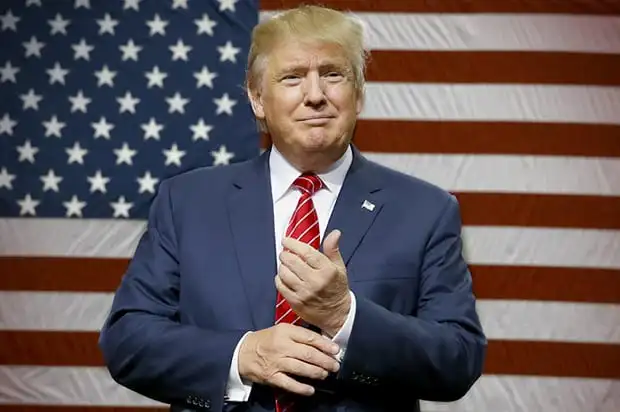The Rise of China and the Politics of Military Spectacle
A Display of Power
On a recent Tuesday, the world witnessed a grand military parade in Beijing’s Tiananmen Square, marking the 80th anniversary of Japan’s surrender in World War II. This extravagant event featured an impressive array of military hardware, thousands of troops marching in precise formations, and notable attendees, including Vladimir Putin of Russia and Kim Jong Un of North Korea, creating an atmosphere of authoritarian unity. China, under the leadership of Xi Jinping, showcased its advanced military capabilities, sending a clear signal of its aspirations to challenge the traditional dominance of the United States on the global stage.
Trump’s Initial Admiration
Immediately following the parade, former President Donald Trump expressed a mix of admiration and concern regarding the display. In a White House meeting, Trump described the parade as “very, very impressive,” seemingly recognizing the spectacle’s intricacies and the strategic message it conveyed. His acknowledgment suggested a grudging respect for the military prowess showcased before the international community, a sentiment that underscored the seriousness of the US-China relationship.
A Shift in Tone
However, Trump’s tone shifted dramatically in subsequent statements posted on his social media platform, Truth Social. He sarcastically addressed the gathering of world leaders, urging Xi to convey his “warmest regards” to both Putin and Kim, framing their unified presence as a conspiracy against the United States. This shift highlighted Trump’s instinctive reaction to view international relations through a lens of rivalry and distrust, reflecting the underlying tensions prevalent in US foreign policy towards China and its allies.
Historical Context and Historical Narratives
The parade not only showcased China’s military advancements but also served as a platform for reiterating national pride and historical legitimacy. Trump’s comments following the event emphasized the importance of acknowledging America’s contributions to World War II and the freedom of nations like China. His insistence on historical recognition reveals an ongoing tension between competing narratives that countries construct around their pasts, particularly when it comes to justifying contemporary geopolitical ambitions.
Domestic Challenges and Strategic Implications
The timing of this parade was particularly sensitive for Trump, who faces substantial domestic challenges regarding his trade policies. Recent appellate court decisions have cast doubt on the legal foundations of his tariffs, just as Beijing’s show of strength arrives on the world stage. Trump’s “America First” strategy is being questioned at home while China boldly asserts its global influence through both military showcases and economic partnerships, leaving American leaders scrambling to recalibrate their responses.
Military Capabilities and Psychological Warfare
The military systems highlighted during the parade—including advanced missile capabilities, drone technology, and cutting-edge hardware—intended to signal China’s ambition to project power beyond its borders effectively. Analysts viewed this display not merely as a strategic military showcase but also as a form of psychological warfare aimed at reshaping perceptions of power both regionally and globally.
Diplomatic Dimensions
Further complicating the event’s geopolitical significance were the meetings Xi held with various international leaders, including discussions with Putin aimed at strengthening bilateral cooperation amidst Western sanctions. This aspect of the parade illustrated how military displays intersect with diplomatic relations, reinforcing perceptions that China is striving to create alternative power centers that could rival US-led institutions.
America’s Declining Influence
The international guest list, featuring leaders from several developing nations, pointed towards a shifting landscape where countries Ire drawn closer to Beijing through investment initiatives like the Belt and Road Initiative. These dynamics underscore America’s waning influence in regions that have traditionally aligned with Washington, marking a potential shift in global power balances that may redefine international relations for years to come.
The Complexity of Great Power Competition
Trump’s reaction symbolizes the multifaceted challenges of great power competition. The parade demonstrated not only shifts in military power dynamics but also the psychological and diplomatic ramifications of such displays. As China continues to cultivate relationships with countries increasingly reliant on its economic investments, the implications for American influence become even more pronounced.
Navigating Tensions
As international tensions rise between the US and China, the recent parade in Tiananmen Square stands as a pivotal moment in shaping perceptions of power. The event highlights the delicate balance national leaders must navigate—acknowledging threats while simultaneously addressing the domestic implications of international developments. The spectacle reveals the ongoing complexities of global politics where military demonstrations serve not just immediate security concerns but broader strategic narratives as well.

